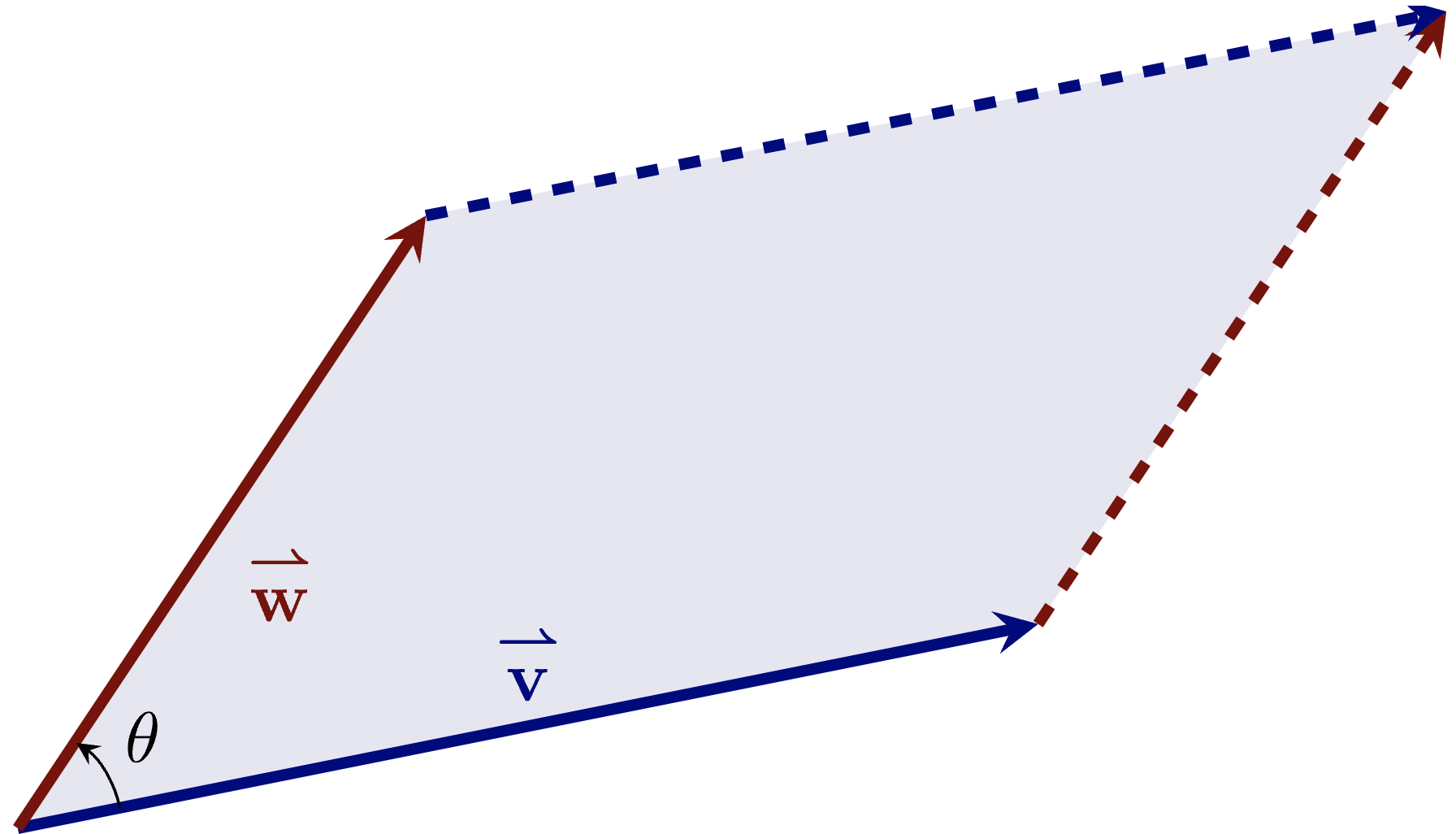I am teaching an introductory linear algebra courses for undergraduate students in math, computer science, or data science at a liberal art university. Most of the students have not decided their major yet. But the majority will take the CS or DS route, with a tiny minority taking a math major. For math students, or any one, this will be their only Linear Algebra course.
While giving students a lot of exercises in computing, I also give them assignments and exam questions asking for simple proof. Usually these takes very little effort if they understand the definitions.
When I mentioned this to a colleague, he says this is pointless and it is enough for students to understand the concepts and be able to compute things by hand.
My rational for doing so is that most basic linear algebra computations can be done by computer very easily, so there is not much students can get from computing, say an inverse of a matrix. By asking them to write arguments formally, they could learn a bit about how to explain a technical point formally.
Am I just being naive in what can we expect from students? What should we teach students in linear algebra?
